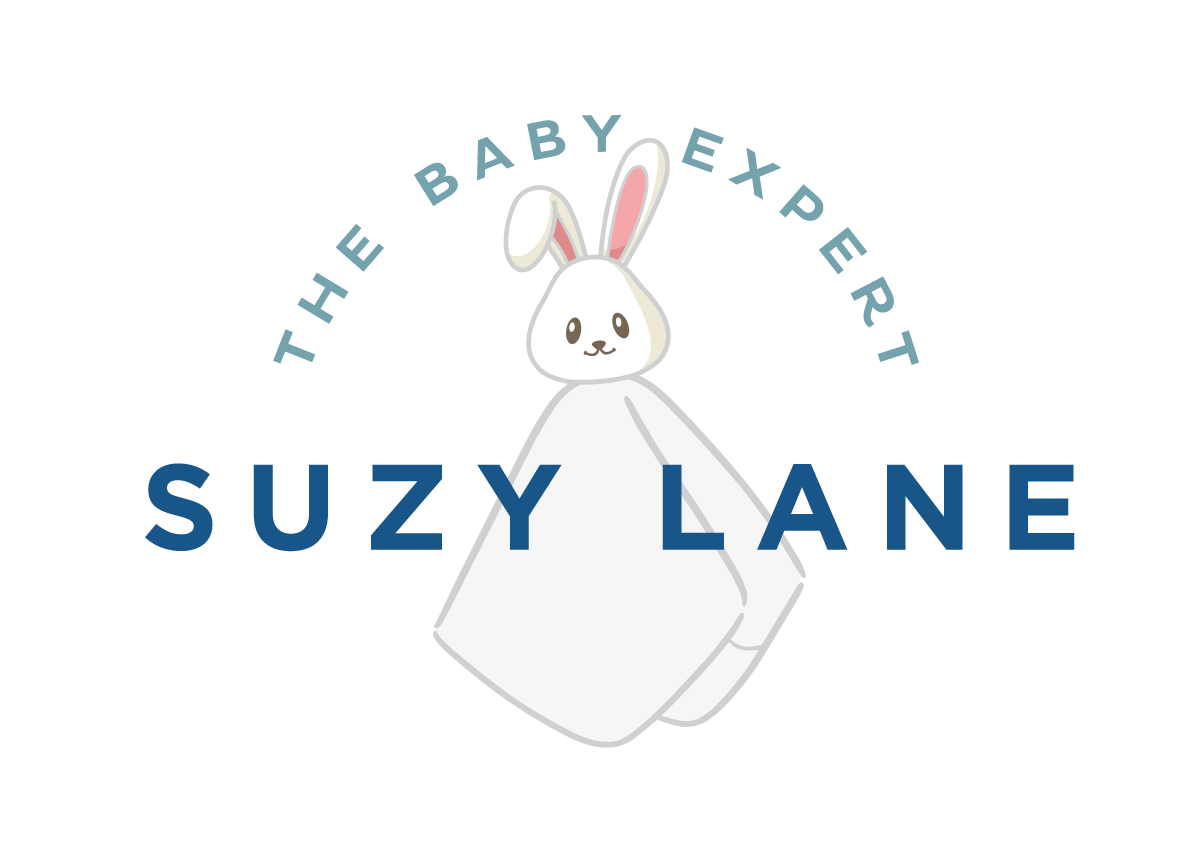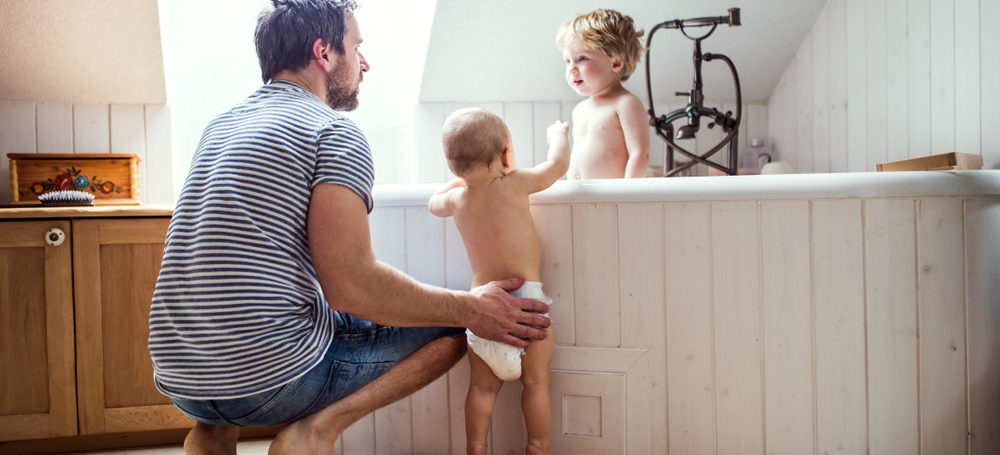A warm bath, does it really improve sleep?
When the infant more than 6 months of age, I politely suggest to an exhausted parent that they might like to do a little more research around the science of sleep before accepting very frequent night wakings as ‘normal’. Long term sleep deprivation can cause high cortisol levels. Before bedtime, just one of the elements that has an effect on the type of sleep for your little one, is his own body temperature …
I’m sure you have heard of Rapid Eye Movement (REM) sleep and Non-Rapid Eye Movement sleep (non-REM) but do you know what their function is and what affects them?
Studies show that a warm bath in the evening increases the amount of the sleep hormone, melatonin the body can make. A warm bath therefore also increases the amount of slow-wave or non-REM sleep a baby or child will get. The largest amount of Non-REM sleep happens in the first part of the night.
Non-REM, also known as ‘slow-wave’ sleep is vitally important for young babies and children. Through the pineal gland in a baby or child’s brain:
1. Releases an important growth hormone through
2. Retains and stores information received throughout the day
3. Allows for tissue repair to help fight off infections.
The largest amount of Non-REM sleep happens in the first part of the night.
If you would like your infant to get a good dose of this precious sleep hormone before bedtime, try setting a regular evening routine that includes a warm bath, go directly from bath time to a dimly lit room, milk (if needed), a calm story and into bed awake. Consistency in this process is important to help your infants sleep.




